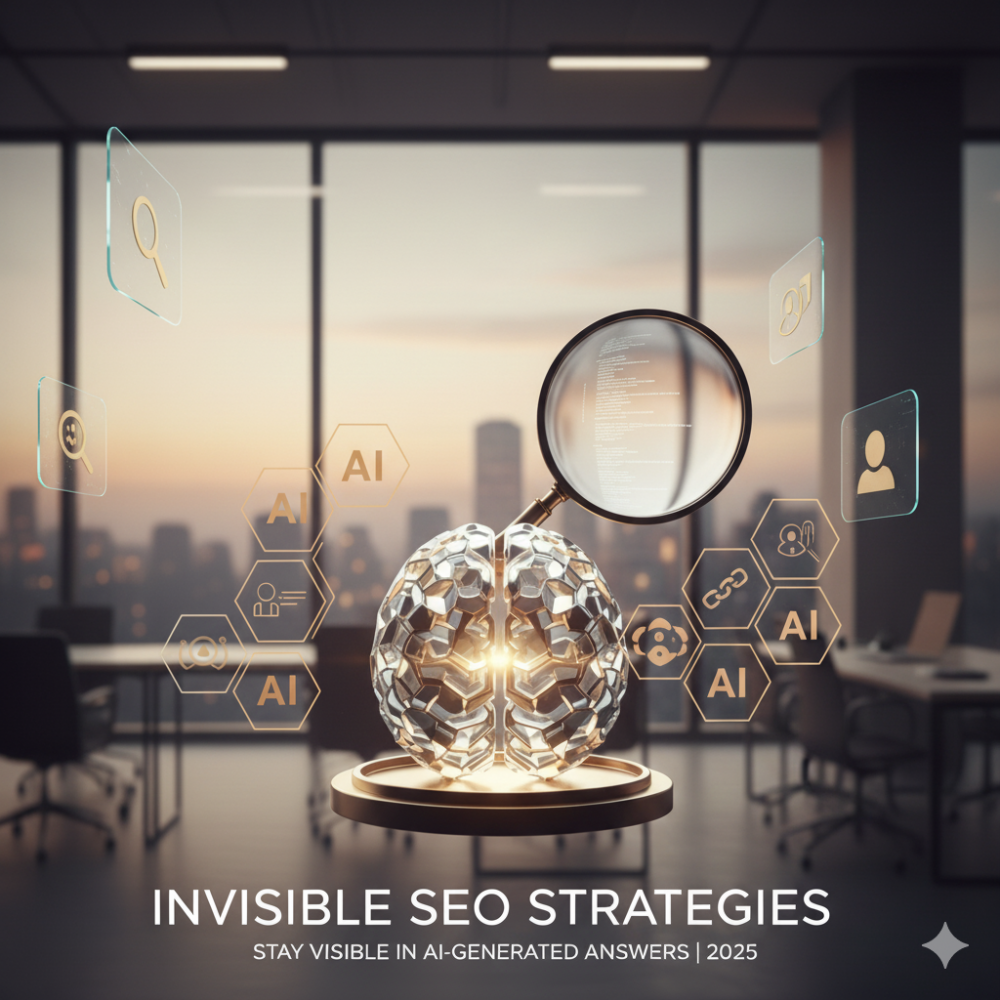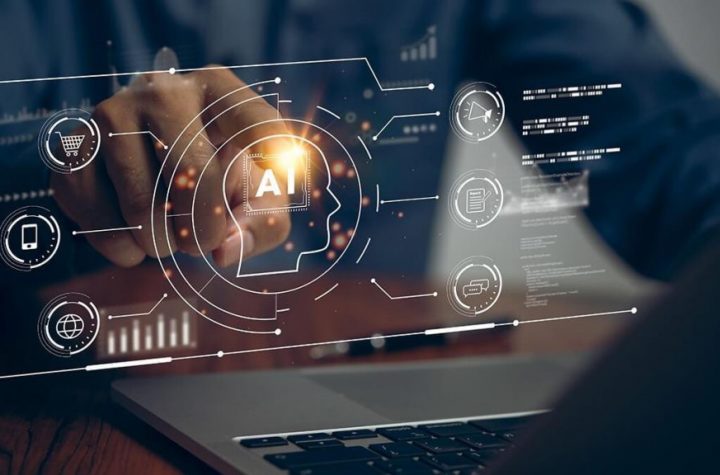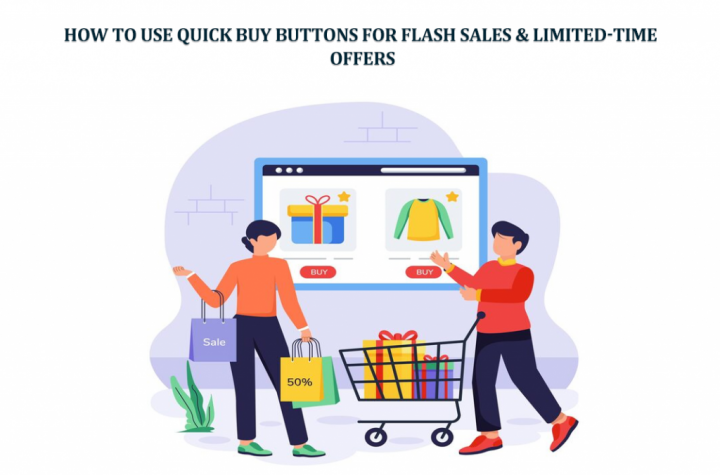
Introduction
SEO is now shifting in 2025 and will continue, so get yourself ready for 2026. There are a lot more people asking AI assistance agents for queries instead of googling.
There are LLMs like ChatGPT, Gemini, Claude, and many others that people are using instead of using Google. These elements even have apps, and it’s not just about Google rankings anymore, so people aren’t optimising their website for Google rankings anymore.
The Rise of AI Assistants as Search Engines
Changing User Behaviour
There’s been a change in user behaviour. Last we checked 13.14% of searches are now done through AI LLMs, and a slight decrease from some of the traditional ones like Bing and Google. There’s also been a surge of queries via voice and also conversational searches.
There’s been a change in user behaviour where people prefer direct answers instead of trawling through lots of search results. People want the information quickly.
The Decline of Traditional SERPs
There’s been a decline in traditional SERPs. There’s been an increase in zero-click searches, and this is now the norm. Google itself is shifting towards AI-generated summaries.
What Is Invisible SEO?
What is invisible SEO? Invisible SEO is where you optimise for AI-generated answers, even if the users never see your website, and it’s different from featured snippets because AI tools combine and paraphrase and curate answers.
Why it is so critical for 2025 and onwards is that if your business isn’t being cited or referenced by AI tools like Chat GPT, Gemini, etc, you’re gonna be invisible to your customers and having a brand presence is now becoming almost as important as rankings.
How AI Assistants Source Their Information
Data Inputs That Feed AI Answers
So let me tell you about how AI assistants actually source their information.
Language models are trained on web data, social content, and the news. What feeds the AI answers is schema markup, graphs and structured data. One of the biggest weights that AI looks at is authority sites. People who are reputable and have been in reputable publications.
The Importance of Entities Over Keywords
They’re also looking at entities like people, brands, products and locations as AI looks at these a lot faster, and it is easier to interpret than traditional keywords.
For example, if you’re looking at the “best SEO company near me”, AI will look at the local business data, your reviews (how many good ones) and not just sites that have that keyword stuffed into it.
Strategies for Optimising for Invisible SEO
Build a Strong Brand Presence
So let me tell you some strategies you can use on your website.
You’ve got EEAT, and this stands for Experience, expertise, authoritativeness, and trustworthiness.
You can look at PR, thought leadership and your digital footprints, such as writing blogs, being cited on multiple trusted platforms, is one of the keys to success.
Use Structured Data and Schema
Also, look at your structured data and schema, so look at how to markup your FAQ’s, your product schema.
This helps AI systems retrieve and reframe your content faster, and increases your likelihood of being put into these conversational answers
Create Conversational Content
One of the most popular things I say to my clients is that when I’m doing SEO coaching, is use conversational content, write naturally like Q&A formats. Instead of just writing keywords, actually think about the questions that you would ask as a customer and then answer them naturally. Speak to friends. Family, customers as another starting point. Build resource guides, FAQ hubs, and optimise your content and website for natural language
Local Optimisation
Think about local optimisation. So if you appear on a few directories like Google Business, maps or even review sites, make sure that your data is consistent because AI voice searchers usually pull the data directly from these sites. If the other sites are inconsistent, they are not going to view you as trustworthy, meaning less chance of getting cited.
The Business Impact of Invisible SEO
Rethinking Metrics in 2025
So some of the impacts of invisible SEO are, old SEO and metrics are looking at clicks, impressions and keyword rankings.
Now the new SEO is all about citations. Mentions in AI outputs, measuring this visibility, even without traffic.
Risks of Ignoring Invisible SEO
Some of the risks of ignoring this type of SEO are that you’re at risk of becoming irrelevant if your brand’s not optimised for AI. Your competitors who are AI-ready will dominate.
Opportunities for Early Movers
However, if you start first, you have a really big advantage. Those who become the go-to source for AI-generated answers will become winners, and niche businesses can win by becoming highly authoritative in their space. The second-best time to start is now.
Examples
A Local Restaurant
So, to just give you a few examples, let’s talk about a local Italian restaurant. They have optimised their schema. They also have a lot of consistent reviews, plus they answer those reviews fast. These are examples of how you can appear in AI-generated recommendations.
A SaaS Company
You might have a SAAS company, and if they publish a detailed and conversational Q&A knowledge base and regularly update it, these will be frequently cited in AI answers to tech queries.
A Personal Brand
Think about your personal brand. If you’re doing a lot of podcasts, you’re on YouTube, you’re making a lot of blogs and becoming a thought leader across different platforms. This is where the AI voice assistants will use their insights when delivering answers,
From Visibility to Trust
SEO as Reputation Management
The future of SEO is from visibility to now trust. SEO is less about manipulating algorithms and keyword stuffing. It’s more about building those trust signals. When AI is looking for the answer, it’s looking for transparency, credibility and also ethics. This is what heavily weights the AI outputs.
Blurring the Line Between SEO and PR
PR, so think media coverage, citations, and podcast appearances. This is what feeds the AI data sets. You now need to be looking to treat PR as a part of your SEO framework.
Conclusion
Search in 2025 and beyond is no longer just about Google; you need to be looking at invisible SEO and bring present to any answers that AI delivers. You have to adapt your strategy to stay discoverable, being an early adopter before your competitors do, and this is how you’ll win going forward.



More Stories
Emerging Trends – AI, Voice Search & Marketing Automation
Digital Marketing Career: A Thought That Usually Starts With “Bro, I Have No Idea What I’m Doing”
Analytics & Performance Tracking (GA4, Search Console, KPIs)